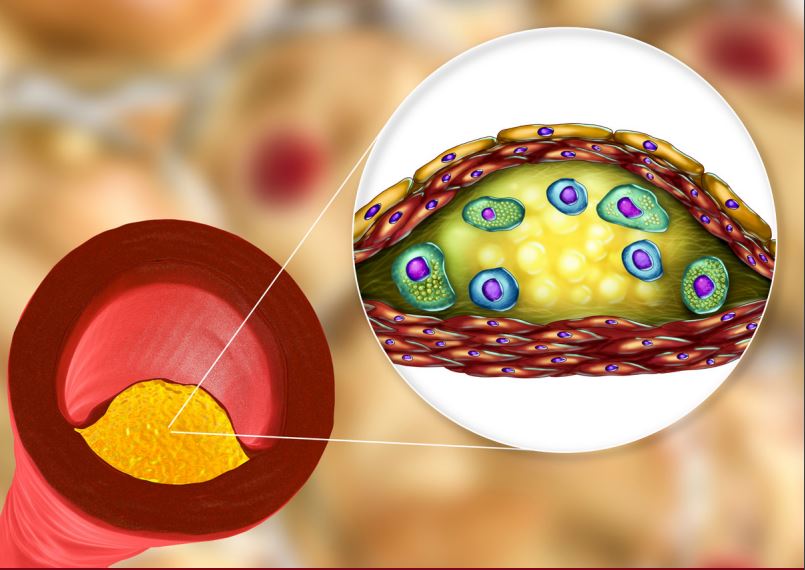Elevated TG levels increase ASCVD risk, but omega-3 trials have shown mixed results about targeting HTG for reduction of adverse CVD events, with the notable exception of the REDUCE-IT trial with icosapent ethyl.5,6 The results of the REDUCE-IT trial represent an important change in how we address residual cardiovascular risk in practice in the near future, including a re-definition of what constitutes elevated levels of triglycerides.2
Lowering TGs: not a straightforward approach
Although we can debate whether triglycerides themselves or the lipid/lipoprotein company they keep are causal for ASCVD7, elevated TGs are being recognized as an important marker for ASCVD risk stratification.3 Recent real-world studies and meta-analyses have shown that high TG levels are associated with an elevated CVD risk in high-risk statin patients with ASCVD and statin-controlled LDL-C.8,9 A recent study evaluating the association between adverse cardiovascular outcomes and HTG (200-499 mg/dL) in ASCVD patients with statin-controlled LDL-C, reported greater adverse cardiovascular events in patients with HTG compared to normal (<150 mg/dL) triglyceride levels.8 Over the course of a follow-up of 4.2 years, patients with high TG had a 30% increased risk for myocardial infarction (MI) or coronary revascularization, and a 13% increased risk for the composite outcome of non-fatal MI, coronary revascularization, and all-cause mortality compared to normal TG patients.8 As such, in the 2018 multi-society cholesterol guidelines, TG levels of >175mg/dL are a risk-enhancing factor to determine need for statin therapy.3


















